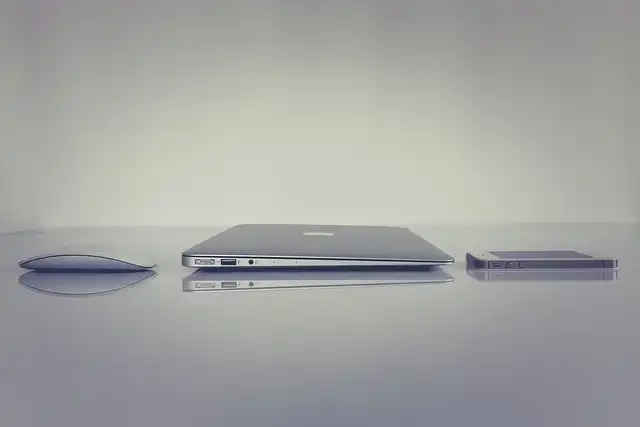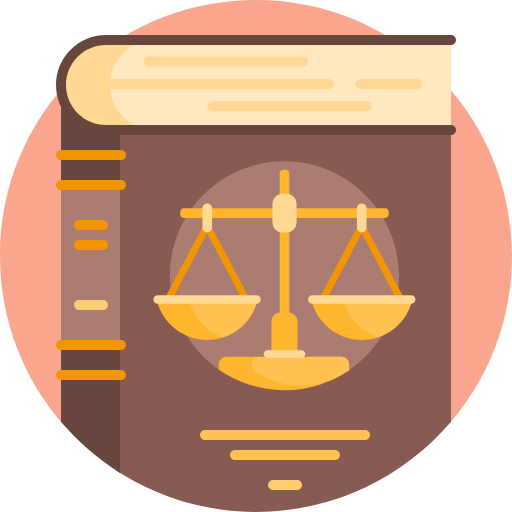
Thaler applied for a copyright in 2018 for an item of aesthetic art labelled “A Recent Entryway to Heaven,” which he claimed was created separately by his AI system. The U.S. Copyright Office declined his application in 2022, mentioning that creative jobs should have human authorship to be eligible for copyright defense.
College of Toronto seeing legislation teacher and economic expert Neil H. Buchanan talks about Senate Bulk Leader Chuck Schumer’s choice to avoid a federal government closure by supporting a questionable proceeding resolution (CR), regardless of reaction from Democrats and anti-Trump groups that saw it as a capitulation.
The judgment does not suggest that AI-assisted works are completely ineligible for copyright security. If it is authored by a human who uses AI as a tool in the imaginative process, the court clarified that a work may still be copyrighted. It drew a strong line against providing copyrights to jobs developed only by an independent AI system. Court Millett stated, “The rule calls for just that the author of that job be a human being– the person who created, ran, or used artificial intelligence– and not the equipment itself.”
The U.S. Copyright Workplace declined his application in 2022, specifying that creative jobs must have human authorship to be eligible for copyright protection. The court emphasized that multiple stipulations of the Copyright Act, consisting of those associated to ownership, duration, and transfer of copyrights, presuppose human authorship.
In the choice created by Judge Patricia Millett, the D.C. Circuit Court mentioned that “the Imagination Device can not be the recognized author of a copyrighted work due to the fact that the Copyright Act of 1976 calls for all eligible job to be authored in the very first instance by a human being.” The court emphasized that numerous provisions of the Copyright Act, including those pertaining to possession, duration, and transfer of copyrights, presuppose human authorship. The judgment also kept in mind that the Copyright Office has long translated the legislation to need human development, a stance consistent with historic understandings of authorship.
A current ruling by the united state Court of Appeals for the District of Columbia Circuit has actually reaffirmed that expert system (AI) systems can not be considered authors under united state copyright legislation. The case entailed computer researcher Stephen Thaler, who looked for to register a copyright for a picture developed exclusively by his AI system, the “Creativity Device.” The court’s decision, provided on March 18, 2025, supported previous rulings by the united state Copyright Office and a federal area court, both of which rejected Thaler’s application on the basis that copyright law needs a human author.
The court’s decision, provided on March 18, 2025, upheld previous rulings by the United state Copyright Workplace and a government area court, both of which refuted Thaler’s application on the basis that copyright law calls for a human author.
Cornell Regulation teacher Michael C. Dorf examines the Trump administration’s obvious negligence for judicial authority, focusing on its defiance of a court order restricting making use of the Alien Enemies Substitute deportations and its broader pattern of lawful manipulation.
This choice straightens with other recent activities by the Copyright Office, which has likewise declined copyright insurance claims for AI-generated works, consisting of pictures developed making use of the AI platform Midjourney. The ruling highlights continuous lawful difficulties as AI-generated web content becomes more common and questions regarding the future of copyright legislation in an age of enhancing automation and machine learning abilities.
1 Columbia Circuit2 copyright law
3 Copyright Office
« Democrats push the Justice Department to keep the Election Threats Task Force amid rollbacksBill to fast-track approval of Trump and Musk agency cuts advanced by House committee »
